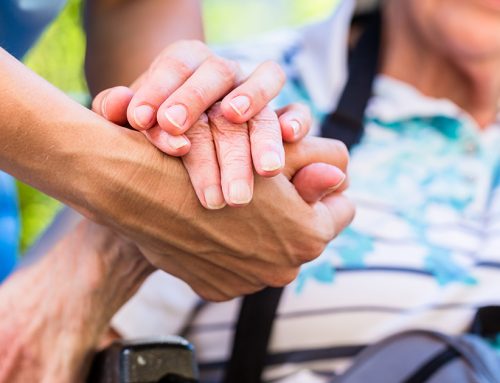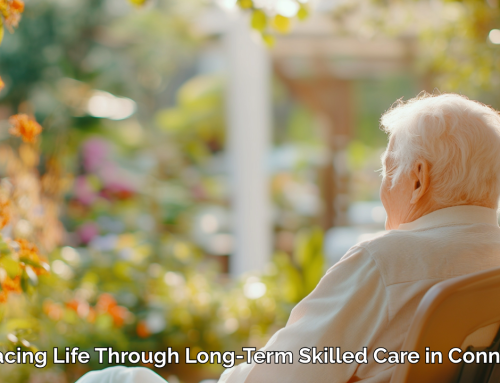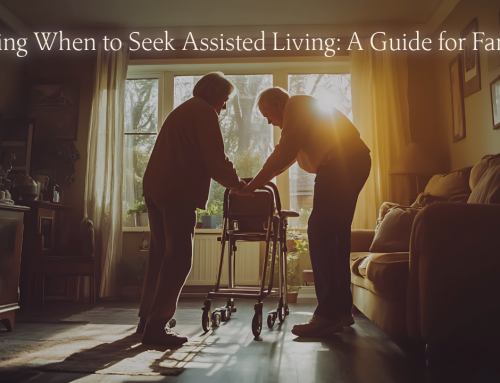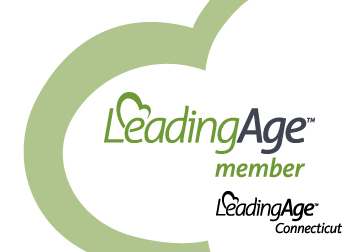In the realm of healthcare, there exists a dynamic duo that holds the power to transform lives and restore independence: rehabilitation and skilled care. These two essential components form a comprehensive approach to healing and recovery, catering to a wide range of medical needs and conditions. Let’s delve into the world of rehabilitation and skilled care to uncover how they work harmoniously to revive independence and improve quality of life.
Understanding Rehabilitation and Skilled Care
Rehabilitation and skilled care are integral aspects of healthcare designed to aid individuals recovering from illness, surgery, injury, or medical conditions that compromise their physical or cognitive abilities. Rehabilitation involves a set of therapies and exercises tailored to each patient’s specific needs, aiming to restore function, mobility, and overall well-being. Skilled care, on the other hand, encompasses a range of medical services and treatments administered by licensed healthcare professionals, including nurses and therapists, to manage and monitor patients’ health conditions.
The Power of Personalized Approaches
Central to the success of both rehabilitation and skilled care is their individualized nature. Every patient’s journey is unique, and as such, a personalized treatment plan is essential. Rehabilitation programs are meticulously crafted based on a thorough assessment of the patient’s current abilities, goals, and medical history. Skilled care services are also tailored to address the patient’s specific medical needs, ensuring that they receive the right interventions at the right time.
Restoring Mobility and Function
For individuals who have experienced injuries, surgeries, or medical events, rehabilitation plays a pivotal role in restoring mobility and function. Physical therapists work closely with patients, utilizing exercises and techniques to improve strength, flexibility, and coordination. Whether recovering from a joint replacement, stroke, or traumatic injury, rehabilitation provides the tools and guidance needed to regain independence in daily activities.
Cultivating Cognitive Vitality
Rehabilitation and skilled care are not limited to physical recovery; they also encompass cognitive well-being. Occupational therapists specialize in helping patients overcome cognitive challenges by developing strategies to enhance memory, problem-solving skills, and decision-making abilities. This holistic approach is particularly beneficial for individuals recovering from brain injuries, neurological disorders, or cognitive decline.
Empowering Through Education
A fundamental aspect of both rehabilitation and skilled care is patient education. Empowering patients with knowledge about their conditions, treatment options, and self-care techniques equips them to actively participate in their recovery journey. Skilled care providers take the time to explain medical procedures, medications, and lifestyle adjustments, ensuring that patients have the information they need to make informed decisions about their health.
Fostering Emotional Well-Being
The journey of healing encompasses more than just physical and cognitive aspects—it also touches upon emotional well-being. Rehabilitation and skilled care providers understand the emotional toll that health challenges can take on patients and their families. Through compassionate support, counseling, and guidance, these healthcare professionals create an environment where patients feel valued, heard, and empowered to address their emotional needs.
The Road to Independence
Rehabilitation and skilled care intersect on the road to independence. Skilled care ensures that patients receive expert medical attention and monitoring while they undergo rehabilitation therapies. This collaboration between skilled care providers and rehabilitation specialists paves the way for a smoother and more effective recovery process.
In conclusion, rehabilitation and skilled care stand as pillars of support for individuals seeking to regain their independence and improve their quality of life. By embracing personalized approaches, restoring mobility, cultivating cognitive vitality, and fostering emotional well-being, these healthcare components work together to empower patients on their journey toward recovery. Whether it’s through physical exercises, cognitive exercises, or emotional support, rehabilitation and skilled care are key players in reviving independence and helping individuals reclaim their lives.
Please contact us today for more information about our rehabilitation and skilled care programs.
Matulaitis Rehabilitation and Skilled Care is the leading non-profit skilled nursing facility in Northeast Connecticut. We are proud to receive top national rankings and the highest five-star rating from Medicare’s Nursing Home Compare. Our dedicated staff combines renowned care and exceptional nursing skills with a holistic approach. We fully realize that the restoration of your health and well-being after an illness, operation, or injury can be incredibly difficult.
Our long term care features attention to the whole person, assuring individualized care for fullness of living, spiritual welfare, and providing a sense of community with enriching programming. We invite you to learn more about our special smoke-free facility as you consider your own or a loved one’s needs.






